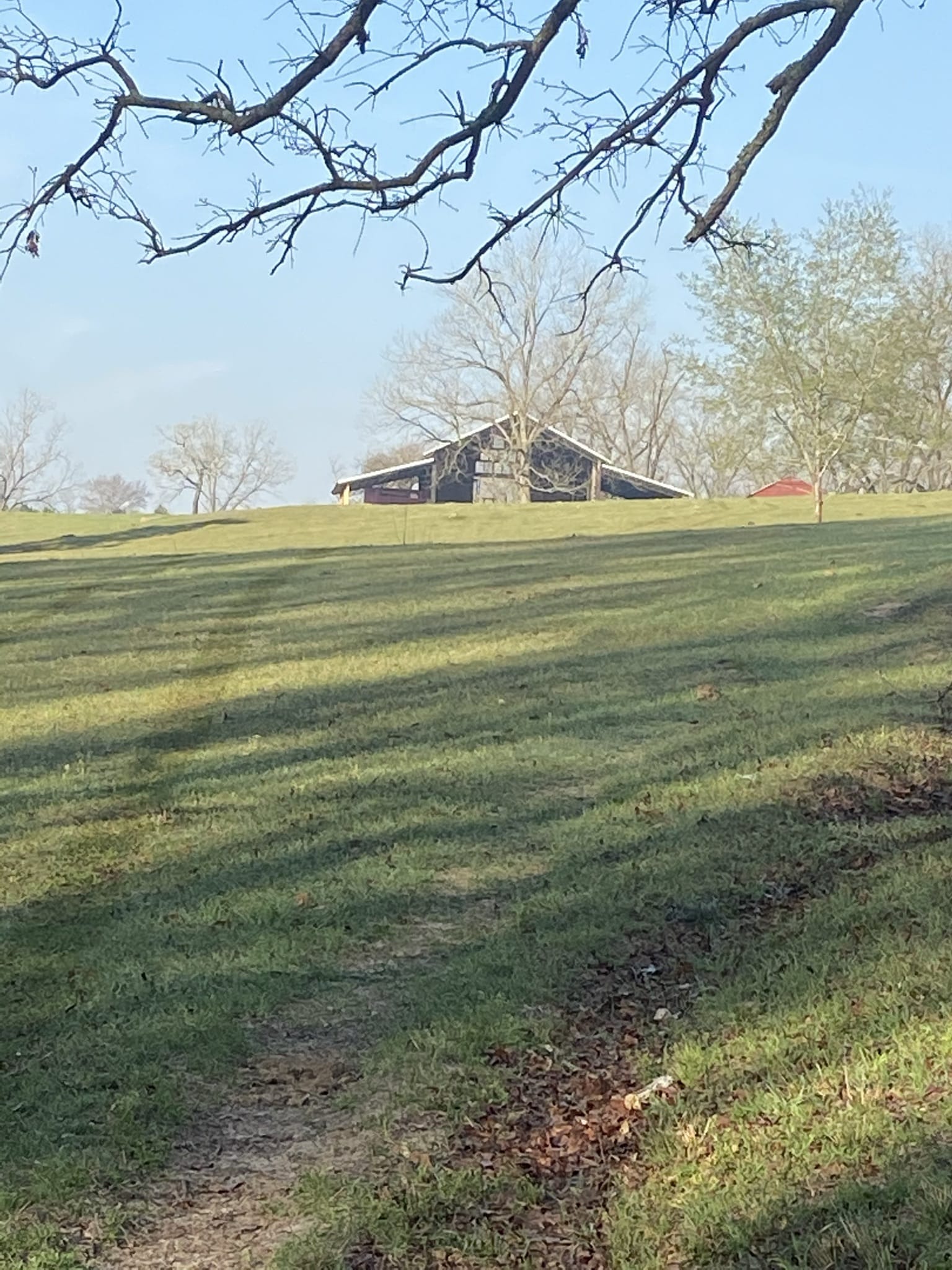
5 Considerations When Investing in Land Properties
In our history, we‘ve always considered someone who owned land to be wealthy. And when done right in today‘s world, you can still be.
However, homeowners and land buyers need to go through and complete their due diligence before fully committing to land property. This way, you can avoid inevitable common mistakes or errors that most first-time homeowners make, which can cost them quite a fortune down the road.
In this article, we will go through essential considerations that are on a need-to-know basis before you invest in land property in hopes that you are the most prepared for investing your hard-earned money and making the right decisions to become profitable later on and sell your land fast.
5 Things to Consider Before You Buy
Whether you are considering building a house, managing a farm, or owning a ranch, the principles of land properties don‘t exactly change because the type of land changes.
So, before you start investing or buying land properties, make sure you consider:
1. Evaluate the “raw” land.
Knowing what to look for in the unused land is extremely important before you decide to invest. Especially if the land is set at a lower price—there may be a few hidden reasons.
Here are a few points to check up on:
-Does this property have road access?
-Is it accessible for water hookup?
-What is the zoning?
To fully complete this checkup, you’ll want to get a few reports officially done to ensure everything is squared away.
You should also visit the property yourself to evaluate it on your own terms.
2. Go for the green.
—In cash, that is.
Since it can be pretty complicated or tough to get a loan for undeveloped land, it would be wise to pay in cash—and to do so, you‘ll need to have a lot of cash on hand—typically, it can run up to 50 percent upfront.
So, since finding the proper finances for raw land is a risk, consider paying in cash.
3. Consider the potential of the surrounding area.
Since we‘re talking about a pretty hefty investment for the future, you want to make sure you thoroughly evaluate the land‘s location.
If you see a plan for a solid development of businesses, you could see a trend of demand for residential property.
So, even though you are considering this to be a forever home, you might want to think about making money using the future of the location.
4. Always prepare for unforeseen expenses.
When it comes to the long-term costs of your investment, you‘ll also want to consider that you will be factoring in taxes and additional expenses, like maintenance and upkeep.
Make sure to budget for these extra expenses and property taxes, and look into possible tax credits for small businesses or self-employment—these can be your saving grace.
5. Be aware of all restrictions.
When it comes to zoning ordinances, these can tie you up regarding the outcome of your developed land.
These restrictions could stop or slow down the development process and affect the resale value.
This is why you should always make sure you do the needed research beforehand—consider hiring a surveyor or title search specialist to eliminate these risks. Specific local regulations may define the types of buildings allowed in that zone or restrictions for that area.
A Smart Investment in Your Future
Making a significant investment of your hard-earned and saved money can always lead to risks.
However, thoroughly considering and evaluating the points we brought up in this article can save you unforeseen costs, secure a turnable profit for your future, and make the entire process that much more enjoyable.
If you need additional help in your search for investment land, make sure to work with a local real estate agent who will be sure to help you find the best deal.
So, before you invest or buy land property, we hope this information has helped you do so in the most profitable way!
Sam Willis is a freelance writer that loves sharing his knowledge and expertise on real estate. He lives in Atlanta, Georgia where he enjoys spending time with his wife and researching real estate trends in his free time. Sam’s work as a freelance writer can be found on Building Product Advisor, a new construction industry resource launching in Fall 2022.